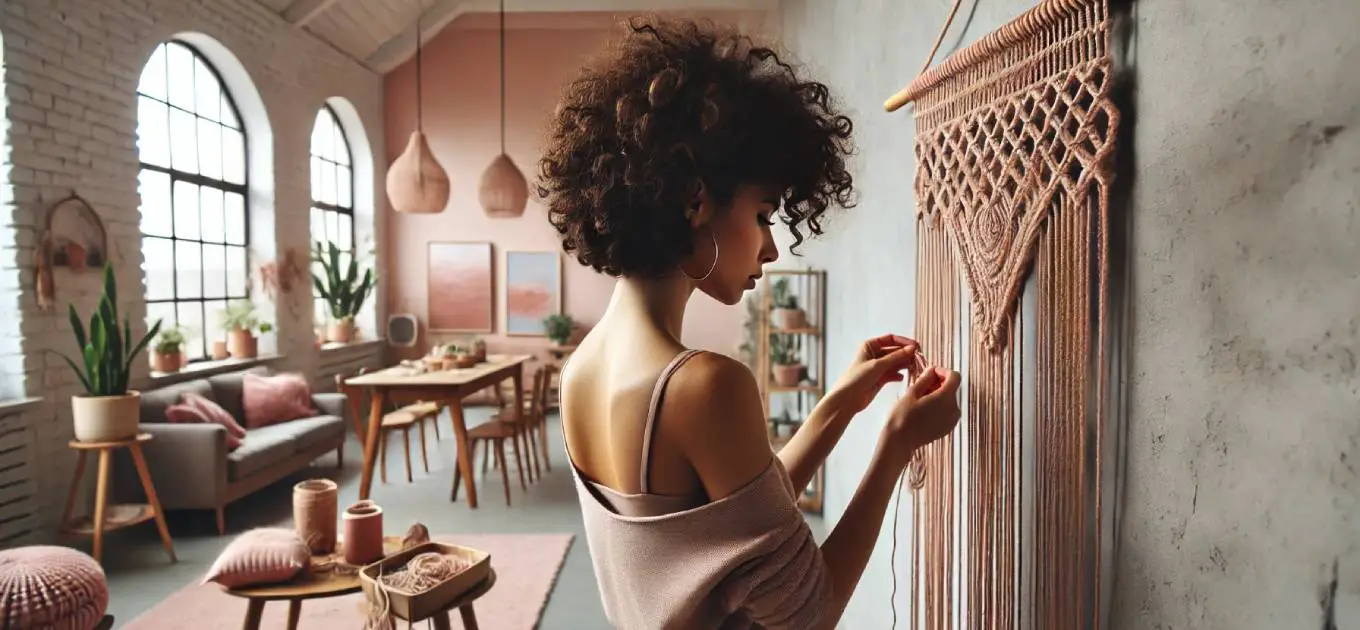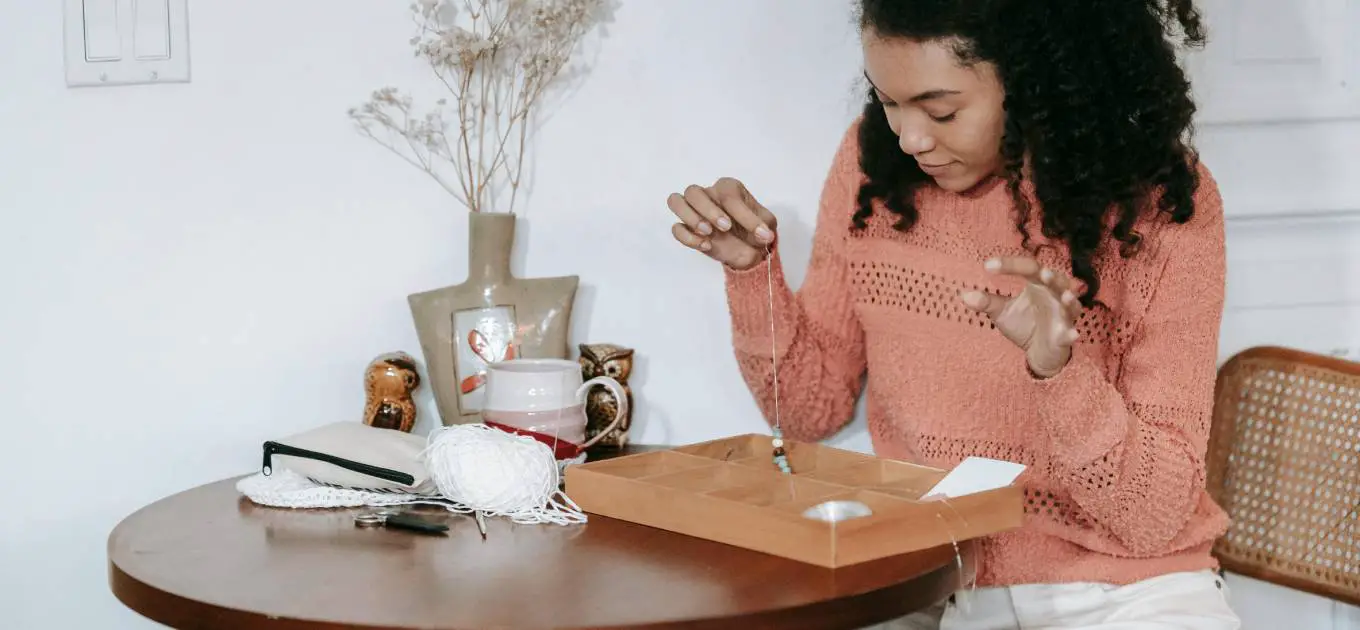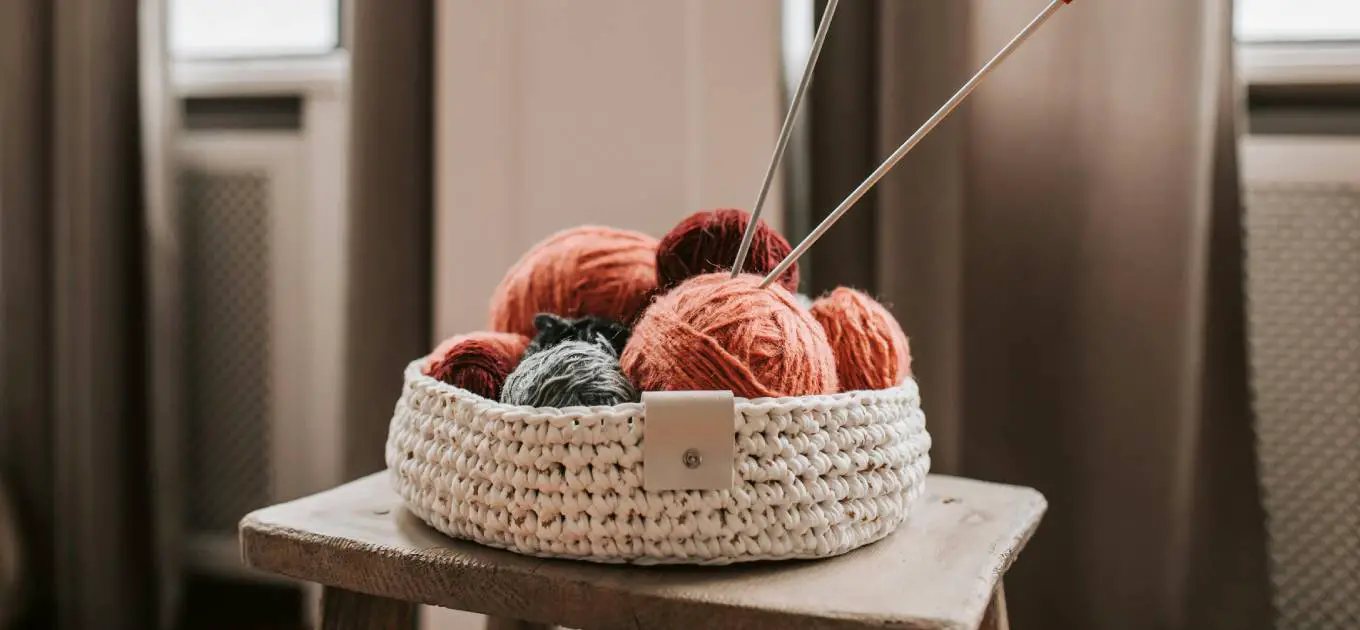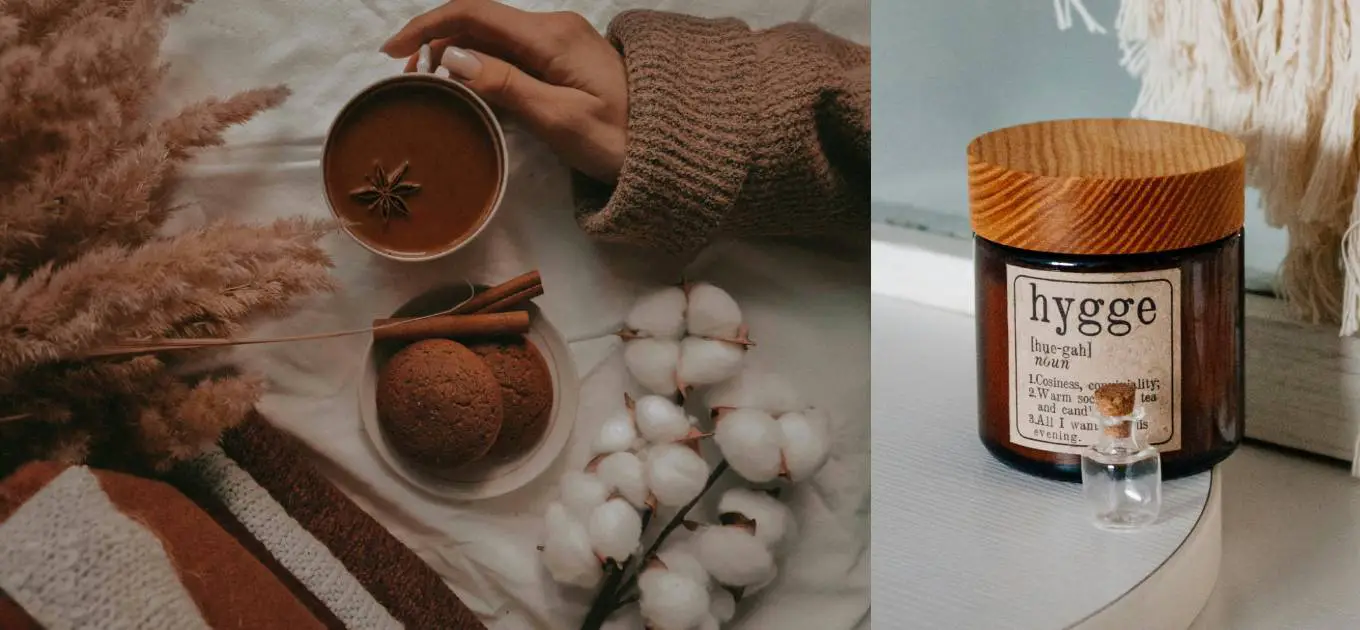
Is Macrame Good for Mental Health?
September 9, 2023 by Kate
If you’re as passionate about the art of knots and threads as I am, you probably know that life’s journey often presents us with its fair share of twists and turns. I’ve had my share of stressful and challenging moments, just like many of you. But here’s the beautiful thing – macramé, our beloved craft, has been a steadfast source of solace and sanctuary for me.
In a world filled with hustle and bustle, macramé has become my haven for mental rejuvenation. Join me on a journey where we explore the profound connection between macramé and mental well-being, delving into the soothing benefits it offers to all of us who share this passion.
What is the significance of macramé?
Macramé holds multifaceted significance for many people. For some, it serves as a form of meditative practice, offering a serene escape from the chaos of everyday life. Others see it as a canvas for self-expression, where creativity knows no bounds.

How Macrame can help us in our daily lives?
Macrame can offer a range of positive effects on your mental well-being and daily lives. Here’s a breakdown of its benefits.
Mindfulness and focus – Engaging in macrame requires concentration and focus, redirecting your attention away from stressors and promoting mindfulness. The repetitive motions of knotting can be meditative, helping to calm the mind.
Stress relief – The rhythmic and methodical process of creating macrame can have a soothing effect on your nervous system, reducing stress and anxiety levels.
Creative outlet – Macrame provides a creative and artistic outlet, allowing you to express yourself and tap into your imagination. Engaging in creative activities has been linked to improved mood and self-esteem.
Sense of accomplishment – Completing a macrame project, no matter how small, can give you a sense of achievement and boost your self-confidence. Accomplishments, even in hobbies, positively affect your overall well-being.
Distraction and flow – When you’re engrossed in macrame, you enter a state of flow – a mental state where you’re fully absorbed in an activity. Flow has been shown to enhance happiness and a sense of fulfilment.
Connection and community – Engaging in macrame can connect you with a community of like-minded individuals who share your interests. Building social connections, even online, contributes to emotional well-being. There are plenty of us out there!
Patience and resilience – Macrame projects require patience as you work through intricate knots. Overcoming challenges and setbacks in your creations can help cultivate resilience and a positive attitude toward problem-solving.
Time for yourself! – Dedicate time to macrame as a form of self-care. Taking moments for yourself can lead to reduced stress, increased self-awareness, and a better overall mood.
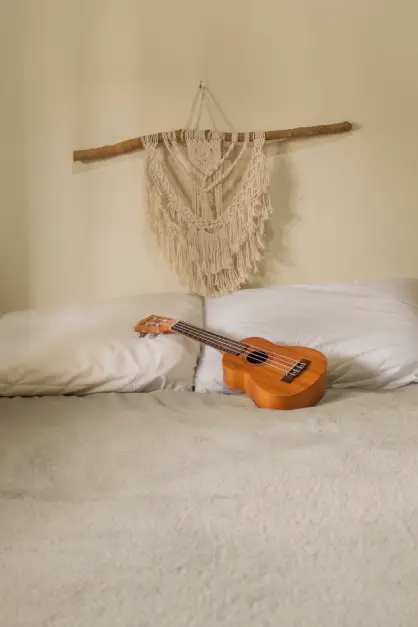
FINAL THOUGHTS
But here’s the real deal: don’t just take my word for it – give macramé a shot yourself. Dive into those knots and cords, and let the experience speak for itself. It’s not just about crafting; it’s about discovering a therapeutic outlet that’s uniquely tailored to your needs.
So, I encourage you to explore macramé on your own terms. Allow it to become a space for you to find tranquility, self-expression, and a little extra peace in the midst of life’s hustle and bustle.
You never know, you might just uncover a newfound source of serenity and strength that will walk beside you on your personal journey towards better mental health.
It’s important to recognise that everyone’s path to improved mental well-being is as unique. The mix of creativity, focus, and mindfulness that macramé offers has been a personal game-changer for me, and I believe it can have a positive impact on your journey too.
SEEKING ADDITIONAL SUPPORT

Now, if you’re facing severe mental health challenges, remember that you don’t have to go it alone. There are compassionate professionals and helplines available to provide support.
Reach out to them, and let them help you navigate the storm. Macramé can be a complementary tool in your toolbox for well-being, but it’s crucial to seek professional assistance if you’re struggling. Your journey is important, and you deserve the care and support you need.

